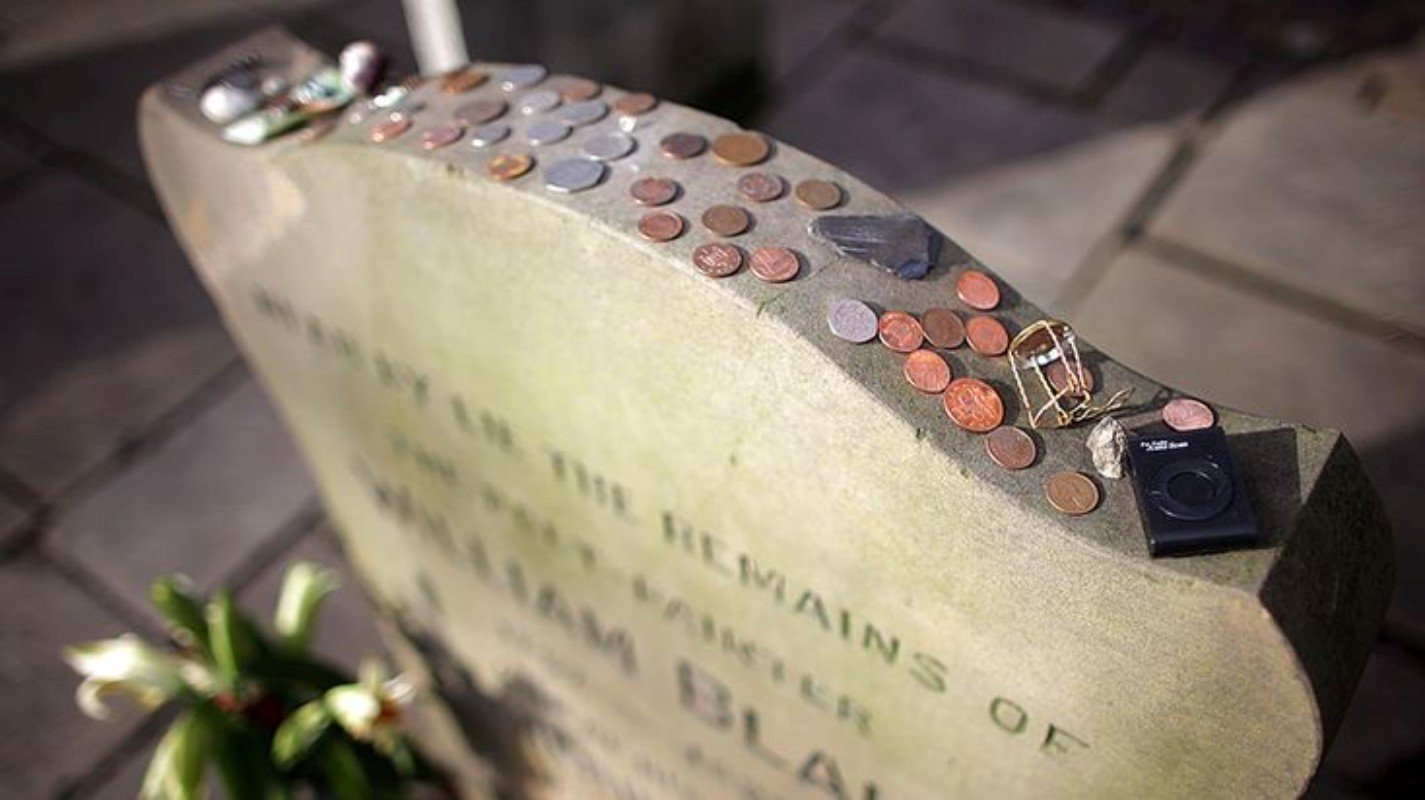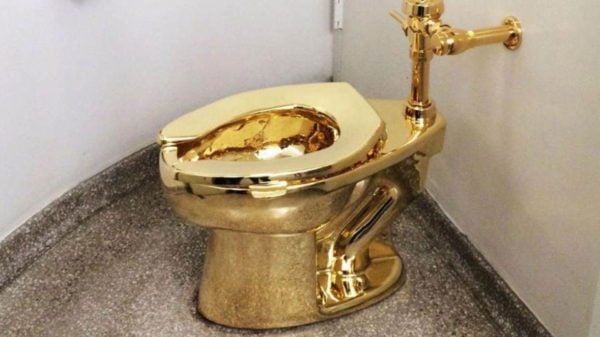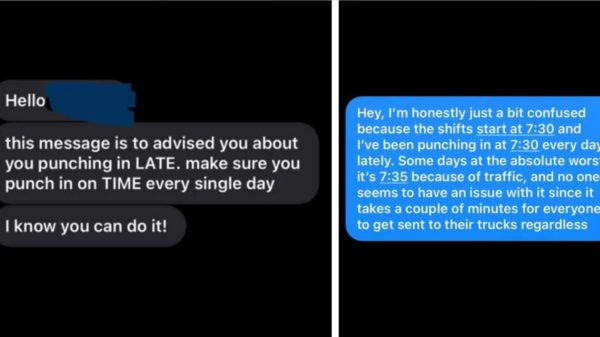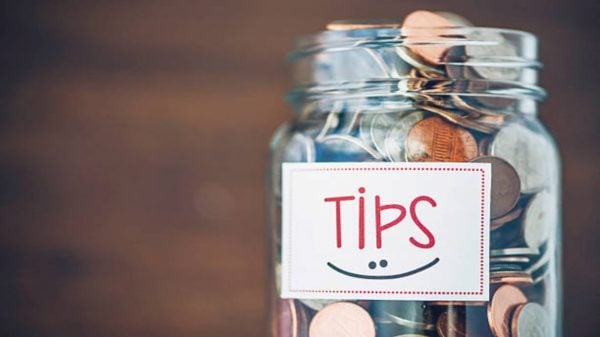While flowers remain the most common decorations for gravestones, you’ll often find other items on and around a grave. From stones/pebbles to photographs to small toys, flags, and even food, the list is endless. Some people also go as far as dropping coins. Why would anyone want to leave a coin on a gravestone?
Well, as it turns out, coins left at graves have special meanings and visitors who leave them aren’t just doing so for the fun of it. When you see a coin on a gravestone, it simply means that the deceased were in the military service. It’s a long-standing military tradition and a special way of honoring those who died in service to the United States of America.
In ancient times, people loved to prepare their departed loved ones for the great beyond by placing coins in their grave. These coins were ferryman fees or bribes to ensure safe and smooth passage to the land of the dead. Today, the significance of this practice has changed. It has now been accepted as a way of paying respect to fallen service members.
However, it’s not enough to just leave any coin on the headstone of a military personnel. Different types of coins left at the gravestone carry special meanings and depend on your relationship with the deceased. So, leaving a nickel when you ought to have placed a quarter on the tombstone sends an incorrect message to others.
Dropping a penny at a military personnel’s grave signifies that you never met the deceased in person, but you wish to appreciate them for their sacrifice or service to the nation. However, it can also be a sign of gratitude and remembrance from family members, other members of the military, and friends. So, without prior knowledge of who left it, seeing a penny at a gravesite simply means that someone has been there.
If you spot a nickel on the gravestone, it was dropped by a boot camp buddy (someone who went through boot camp with the buried person). Meanwhile, visitors who served with the fallen service member will typically drop a dime on the tombstone. A quarter has a particularly heavy/emotional connotation as they’re often left by those who witnessed the deceased’s passing.
You can decide to be more intentional with the penny you drop at a fallen soldier’s grave by using a penny with a date that holds some special significance to the deceased’s life. For example, you can choose a penny from the year the buried person died or was born. Although this isn’t a universal practice, it helps to personalize the tribute.
Nowadays, coins left at the gravesite are collected and donated to charities or organizations that cater to veterans. Military cemeteries may also use them to maintain the graveyard. Note that coins aren’t the only items used to show respect to fallen soldiers. In fact, some cemeteries have rules against tossing coins on gravestones. If you don’t want to use a coin, you can opt for a small American flag.
What do you think about the tradition of placing coins on gravestones? Are you inspired to drop a coin too? You can do so on your next visit to the cemetery.


































































